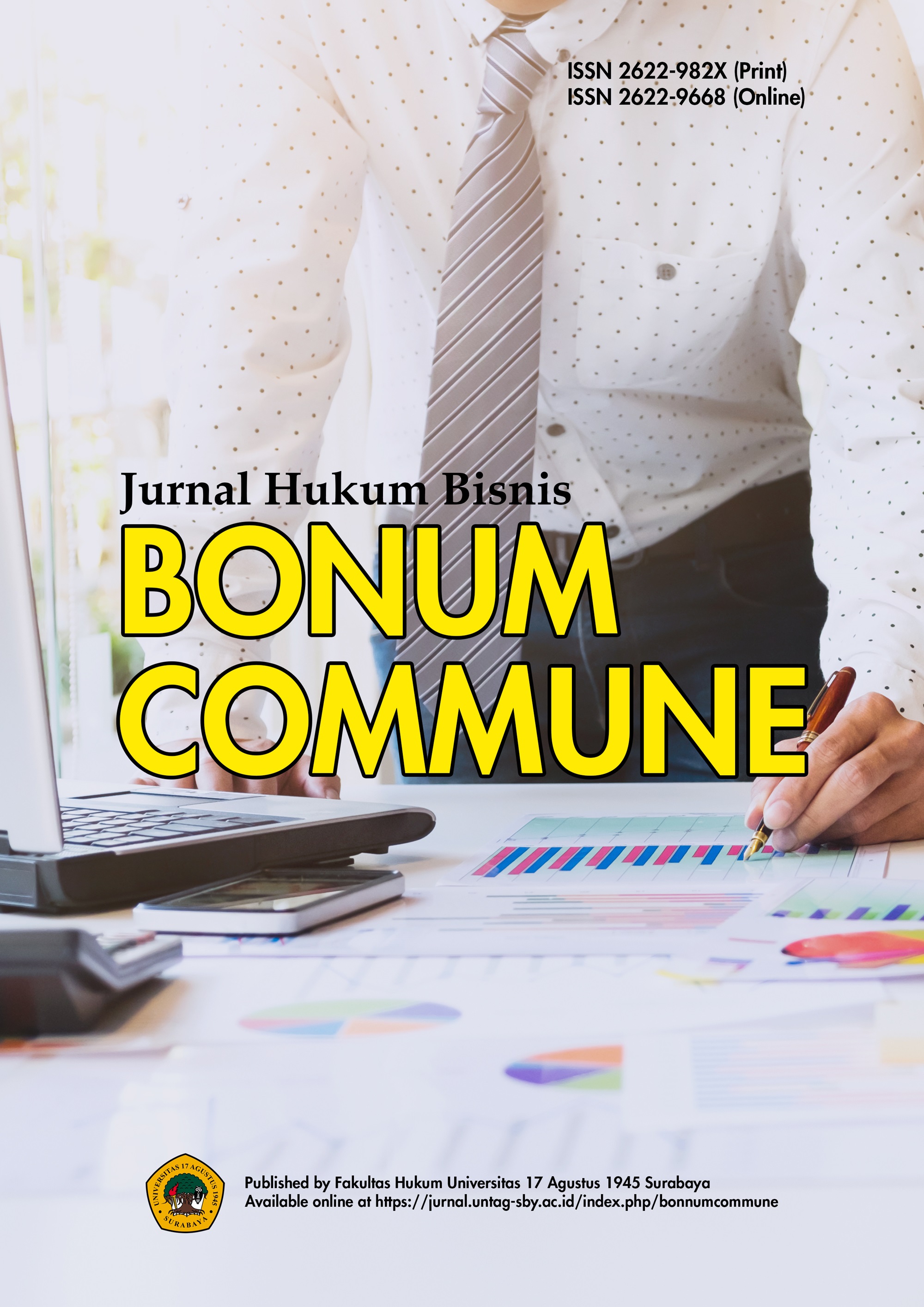Spin-Off Appropriateness Assessment: Propriety Test of Sharia Business Unit Spin-Off to Increase Return on Assets
DOI:
https://doi.org/10.30996/jhbbc.v7i2.10920Keywords:
Banking, Sharia Business Unit, Sharia Commercial Bank, Return on Assets, Spin-OffAbstract
The obligation to transform a sharia business unit into a sharia commercial bank through a spin-off from its parent bank, a conventional commercial bank, must be balanced with a strategy to increase the return on assets (ROA) of Islamic Business Entities (BUS). A higher ROA ratio correlates with increased profitability. The regulatory provision mandating spin-offs, however, tends to weaken the BUS, making it difficult to compete in the national Islamic banking industry. This is because the spin-off obligation for the UUS can actually diminish its profitability performance. As Watchell has noted, while spin-offs can create differentiation from investment targets in each business, they can also lead subsidiary companies to become more focused in determining their corporate strategy and operations. This focus, however, often results in new operational strategies that increase the subsidiary's operational burden and potentially reduce profitability. Empirically, several sharia commercial banks in Indonesia have experienced a decline in the profitability of their sharia business units after spinning off into independent sharia commercial banks. This research employs normative or doctrinal juridical methods, utilizing both a statute approach and a conceptual approach. As an innovative contribution, the author proposes the Spin-Off Appropriateness Assessment as a model for evaluating the implementation of spin-offs in sharia business units. This assessment aims to increase the ROA ratio and create an investment climate that is environmentally sound. It comprises three main components: fixed capital, non-performing loan identification, and capital sources mapping.
Downloads
Downloads
Published
Issue
Section
License
Authors who publish with Jurnal Hukum Bisnis Bonum Commune agree to the following terms:
- Authors transfer the copyright and grant the journal right of first publication with the work simultaneously licensed under a Creative Commons Attribution-ShareAlike 4.0 International License.. that allows others to share the work with an acknowledgement of the work's authorship and initial publication in this journal.
- Authors are able to enter into separate, additional contractual arrangements for the non-exclusive distribution of the journal's published version of the work (e.g., post it to an institutional repository or publish it in a book), with an acknowledgement of its initial publication in this journal.
- Authors are permitted and encouraged to post their work online (e.g., in institutional repositories or on their website) prior to and during the submission process, as it can lead to productive exchanges, as well as earlier and greater citation of published work (See The Effect of Open Access)














